Training pathways / Work world

Ibercaja Foundation presents the educational resources and programs for the 2024/2025 academic year
Ibercaja Foundation shares with the educational community a series of programs and resources to complete the education of schoolchildren on topics such as sustainability, equality, entrepreneurship or finance, as well as resources on educational innovation and academic guidance for teachers and educators.
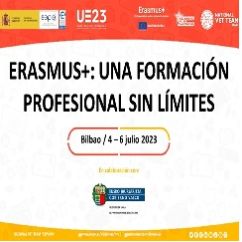
The main objective of these conferences, held in Bilbao on July 4-6, is to explore strategies and good practices that promote inclusion and diversity in Erasmus+ projects, equal access to these enriching mobility experiences for all students , regardless of their socioeconomic origin, gender, abilities or any other personal characteristic, they have equal opportunities to participate in mobility projects or to establish cooperation between associations.
In the presentations they have explored how Erasmus+ opens the door to unlimited Vocational Training, where each student can grow, learn and reach their full potential in an inclusive and diverse environment.
These sessions are available on the SEPIE (Spanish Service for the Internationalization of Education) YouTube channel ![]() .
.
The Spanish team of the National VET Team of Spain is made up of a team of about 30 people, with representation from the Ministry of Education and Vocational Training, the Departments of Education of the Autonomous Communities and Cities of Vocational Training, beneficiaries of Erasmus+ projects and external evaluators, Europass and members of the Professional Training Unit of the SEPIE National Agency.

“I don't know what to study” is a free tool that helps you decide your future with information about careers and job prospects.
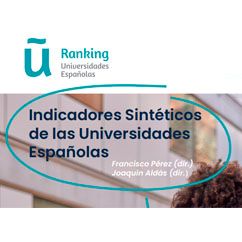
U-RANKING. Spanish universities
The U-Ranking (Synthetic Indicators of Spanish Universities) 2024 report presents the results of the twelfth edition of the project, based on the analysis of universities’ activities in teaching and research and innovation, offering a classification of the Spanish universities for each dimension and for the total of university activities.
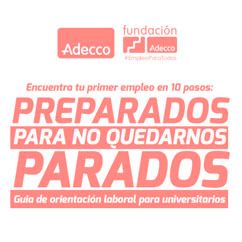
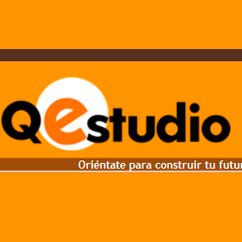
QESTUDIO. Orient yourself to construct your future
Qestudio is a useful tool for career planning for young people who want to learn and continue training, who want to know specific aspects of the professions, who want to access the labor market or are interested in new occupations and emerging sectors.

Game to learn the most theoretical contents of training and vocational guidance in a more enjoyable and entertaining way.
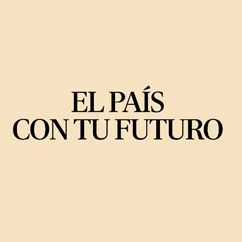
El País with your future. Video library
23 experts from different jobs explain to 975 high school students what their job consists of.
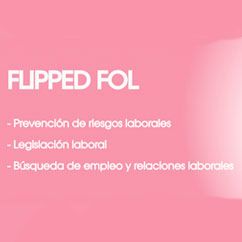
"Flipped FOL" is a resource of the EDIA project (Educational, Digital, Innovative and Open) that offers complete contents to the module "Training and Employment Guidance".
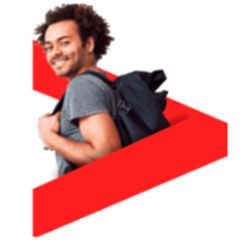
UNIVERSIA. What do you want to study?
Discover the training of the disciplines with the greatest employability.

Look for a job with your Vocational Training degree
Find out which professional families are most in demand in job offers. You will also find resources to promote entrepreneurship, discover the keys to finding a job and how to have a good job interview.
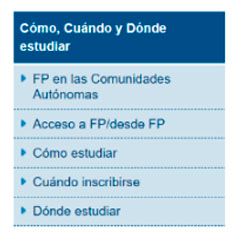
All Vocational Training. How, When and Where to study
The information that you will find here will be useful for you to know the study modalities that exist, when to enroll and in which centers and autonomous communities you can do your studies.
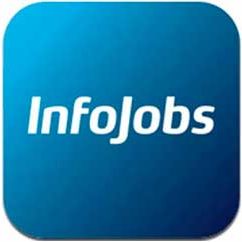
Learn how to prepare to find a job thanks to employment guidance, advice and good practices from the best experts in the world of employment.
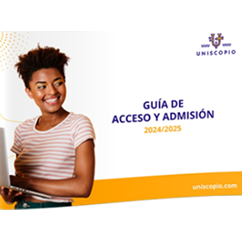
Guide to access and admission to the university 2023/2024 UNISCOPIO
Guide with information about public and private Spanish universities, on access and admission for national and foreign students and on university accommodation.
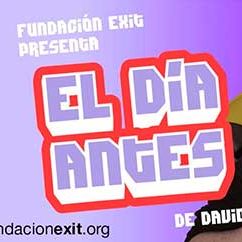
Digital educational resources to work on skills with young people.
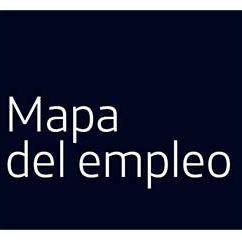
The employment map is an interactive tool that, thanks to Big Data technology, analyses the job offers in Spain to show the occupations and skills that are most in-demand, as well as their evolution in time.
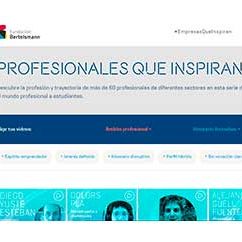
Discover the profession and trajectory of more than 60 professionals from different sectors in this series of 10-minute videos aimed at bringing the professional world closer to students.
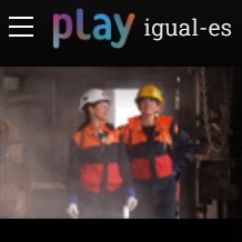
Women who break the stereotype and who carry out jobs that involve value, physical risk, highly competitive sports or extreme risk, and men who have chosen to take care of the care and education of children, housework or professions associated with the female world of work.
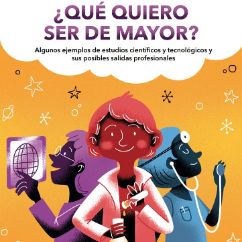
What do I want to be when I grow up?
Some examples of scientific and technological studies and their possible professional opportunities.
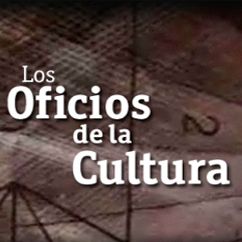
Salto de línea 'The trades of culture' is a documentary program that tries to reveal the secrets of a trade, through the meeting of a character who has developed his career and whose career we find especially interesting and a young man who dreams of dedicating himself to that profession. The format tries to portray part of the work of this "Master" to provoke a dialogue and many questions, and reflect on the reality of the trade. We talk about training, we talk about the labor market, the best and the worst in the development of this profession.
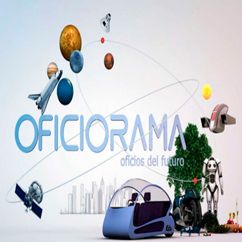
OFICIORAMA: TRADES OF THE FUTURE
A woman travels from the year 2050 to our time to tell us, through the new professions that have been created in the future, what her world is like. The program dialogues with Spanish scientists and experts from the most diverse disciplines to know what are the advances that occur today, which prove that the wonders it tells us will be reality.
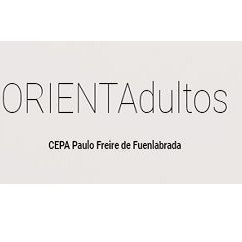
The Guidance Department of the Paulo Freire Adult Education Centre offers information on courses and employment, adapted to the profile of the adults who study in these centres.
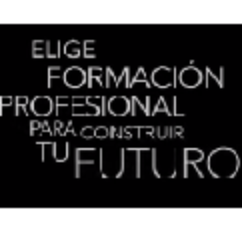
Elige Formación Profesional para construir tu futuro
El Servicio de Ordenación Educativa de Málaga presenta esta serie de vídeos en los que se presentan 21 de las 26 familias profesionales de Formación Profesional en un formato breve y cercano con testimonios del alumnado que cursa y del profesorado que imparte dichas enseñanzas.
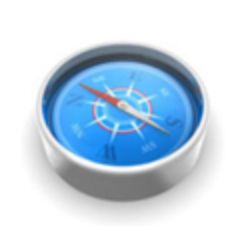
Professional profiles in the training cycles. Choose your occupation: most relevant occupations in each training cycle. Link to ESCO (European Classification of Skills, Qualifications and Occupations).
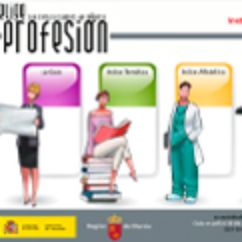
Choose a profession without gender restrictions
Website of the Women's Institute of the Region of Murcia with multiple resources to learn about and choose a profession free of sexist prejudices. The format of the guide corresponds to a grouping of professions by fields and the subsequent detail in an individual file for each professional option that includes summaries of biographies of recognised women in the profession or other data considered of interest from a gender equality perspective.
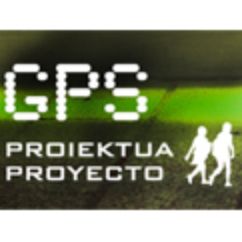
The GPS Project was created in 2006 by the City Council of Vitoria-Gasteiz to help young people in the free choice of studies without gender bias. The GPS on-line guide can be used with three profiles: 1) Young people: videos of occupations, advice on how to create a CV, the organisation chart of the education system; 2) Teachers or guidance counsellors: work material for tutorials and other resources; and 3) Parents: tools to help their children decide on their professional future.
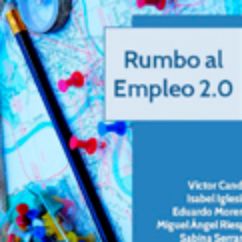
On the Road to Employment 2.0 Guide
A basic introductory guide to job search using the Web 2.0, which analyses personal branding and its relationship with employment 2.0, as well as some social networks where it is necessary to position oneself to maximise the chances of finding a job. It also provides an in-depth guide to personal interviews. It includes the most relevant social networks, such as Facebook, Linkedin, Twitter and Google+ as well as a part dedicated to personal branding and how to do job interviews.
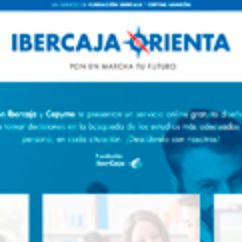
The Ibercaja Orienta educational tool is a digital service that provides young people, parents and educators with the information they need to make the right choice of educational pathways.
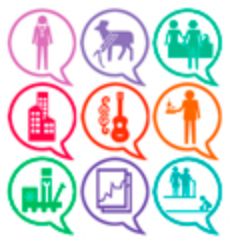
Interactive tool that offers results on possible training pathways based on the data provided by each person according to their age and previous studies.
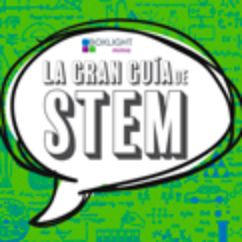
STEM is an acronym that refers to the areas of knowledge in which scientists and engineers typically work - science, technology, engineering and mathematics. A focus on STEM learning is necessary for students to be competitive in the future workforce.
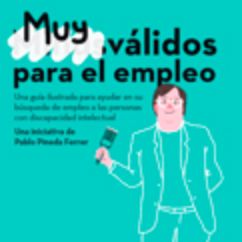
An easy-to-read guide "Highly employable" to help people with intellectual disabilities to find a job.
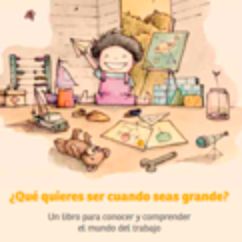
What do you want to be when you grow up?
This book on the trades and their working conditions is an initiative of the Ministry of Labour and Social Security of Uruguay, in collaboration with the International Labour Organization (ILO). It is adapted for school-age children to generate an exchange with teachers, students and families about the trades, their working conditions and the value of decent work.
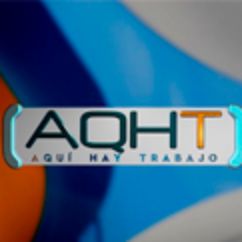
A television programme that summarises current events in the world of work, with information on the situation, grants and training courses, and specialist guests. The programme features job offers, reports and interviews.
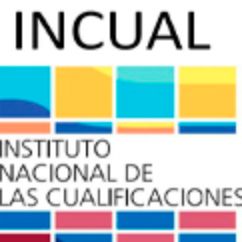
The National Institute of Qualifications (INCUAL), as established in the Organic Law 5/2002 on Qualifications and Vocational Training, is an administrative body attached to the Ministry of Education and Vocational Training that prepares and keeps updated the National Catalogue of Professional Qualifications and the corresponding Modular Catalogue of Training. Within the page, the professional families section allows you to find complete information on each family and data on occupations and the labour market.
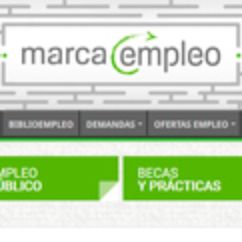
Dynamic and practical website that can be used by job seekers to improve their chances of finding employment. Its purpose is to serve as a transmission belt for the information published in different sources and to bring together, as far as possible, the enormous amount of information related to the labour market, guidance and employment that appears in these media.
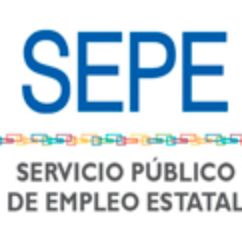
Includes official information on benefits, finding a job, training, job offers, labour market, employment contracts, sectoral prospective studies.
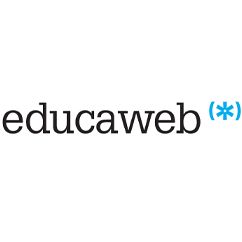
Dictionary of Educaweb studies
Updated and very complete list of official qualifications and non-regulated training courses offered in Spain, describing in detail their characteristics, the subjects taught, professional opportunities, etc.
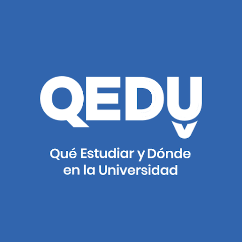
The application What and Where to study has been created to provide students who want to access Spanish universities with a set of information that will be useful when deciding which degree to study and where to study it. The data come from the Register of Universities, Centres and Degrees and the Integrated University Information System. It has three functionalities: degree search (Bachelor's, Master's and Doctoral degrees in Spanish universities), probable performance (according to variables related to access) and labour market insertion (with indicators such as the rate of affiliation, percentage of self-employed...).
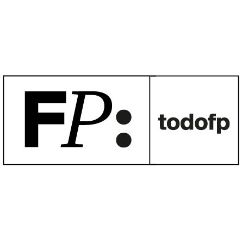
VET: What, how and where to study
VET studies are structured into 26 professional families and, within them, into Basic Vocational Training qualifications, Intermediate Level qualifications and Higher Level qualifications, opens in a new window. The TodoFP search engine allows you to find each training cycle, the modules that make it up, where you can study, the type of education and the teaching method.
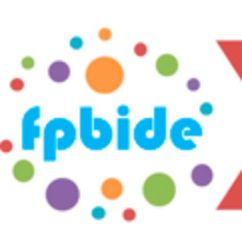
Online questionnaires to advise on the choice of VET studies.
Questionnaire 1: Choice of Intermediate Level. It consists of 120 professional tasks linked to each cycle and to score from 1 to 10. Approximate time: 30 minutes.
Questionnaire 2: Choice of Higher Level. It consists of 180 professional tasks linked to each cycle and to score from 1 to 10. Approximate time: 40 minutes.
As a result, users get scores for the five Cycles of greatest interest to the user. In addition, it provides information on each of them, information on the syllabus, opportunities, videos, other related cycles, etc.
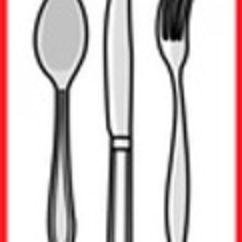
Open educational guidance resources.
It includes links to open educational resources on academic and vocational guidance, duly labelled and commented.


